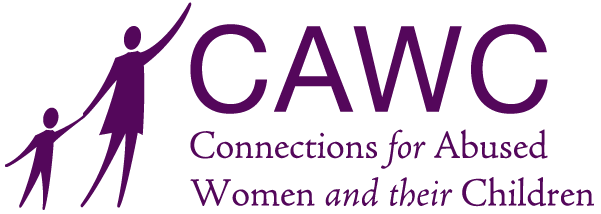The early days of the COVID-19 pandemic were a time of stress and uncertainty for everyone. And for many people, it wasn’t just our physical health and safety that was at risk—across the world, people experienced disruptions and setbacks to their jobs, finances, mental health, lifestyles, and more.
Relationships, too, were affected by the onset of the pandemic. As case numbers rose, so did rates of domestic violence. One report released in 2021 calculated that in the United States, domestic violence during the pandemic rose by 8%. And given that the actual number of domestic violence incidents is usually higher than the reported number, it may be safe to assume that the true increase was even greater.
The US wasn’t alone in seeing a rise in domestic violence during COVID. In fact, the increase in violence against women was so widespread as to prompt the United Nations (UN) to refer to it as “the Shadow Pandemic.”
Causes and Effects
In many ways, the COVID-19 pandemic presented the perfect set of circumstances for domestic violence to flourish. The financial hardships, constant stress, mental health issues, and increased substance use engendered by the pandemic intensified the tension in many relationships, leading to a subsequent rise in violence among people who may have already been predisposed to abusive behavior.
With the announcement of stay-at-home mandates, many people found themselves trapped at home with their abusers. As a result, survivors of abuse were isolated and left with fewer options for escape than they might have had normally.
Only time will allow us to determine the full scope of the connection between domestic violence and COVID—not to mention the long-term consequences for the people affected. At Connections for Abused Women and Their Children (CAWC), we believe that everyone has a right to a life free of violence. Our mission to end domestic violence is rooted in education, service, and advocacy. In addition to working toward broader social change, we provide empowerment-based and trauma-informed support in the form of shelter, counseling, and advocacy to individuals affected by domestic violence and their children. If you or someone you know is struggling with domestic violence, don’t hesitate to call our 24-hour hotline at (773) 278-4566. To support our work, consider volunteering or donating.
